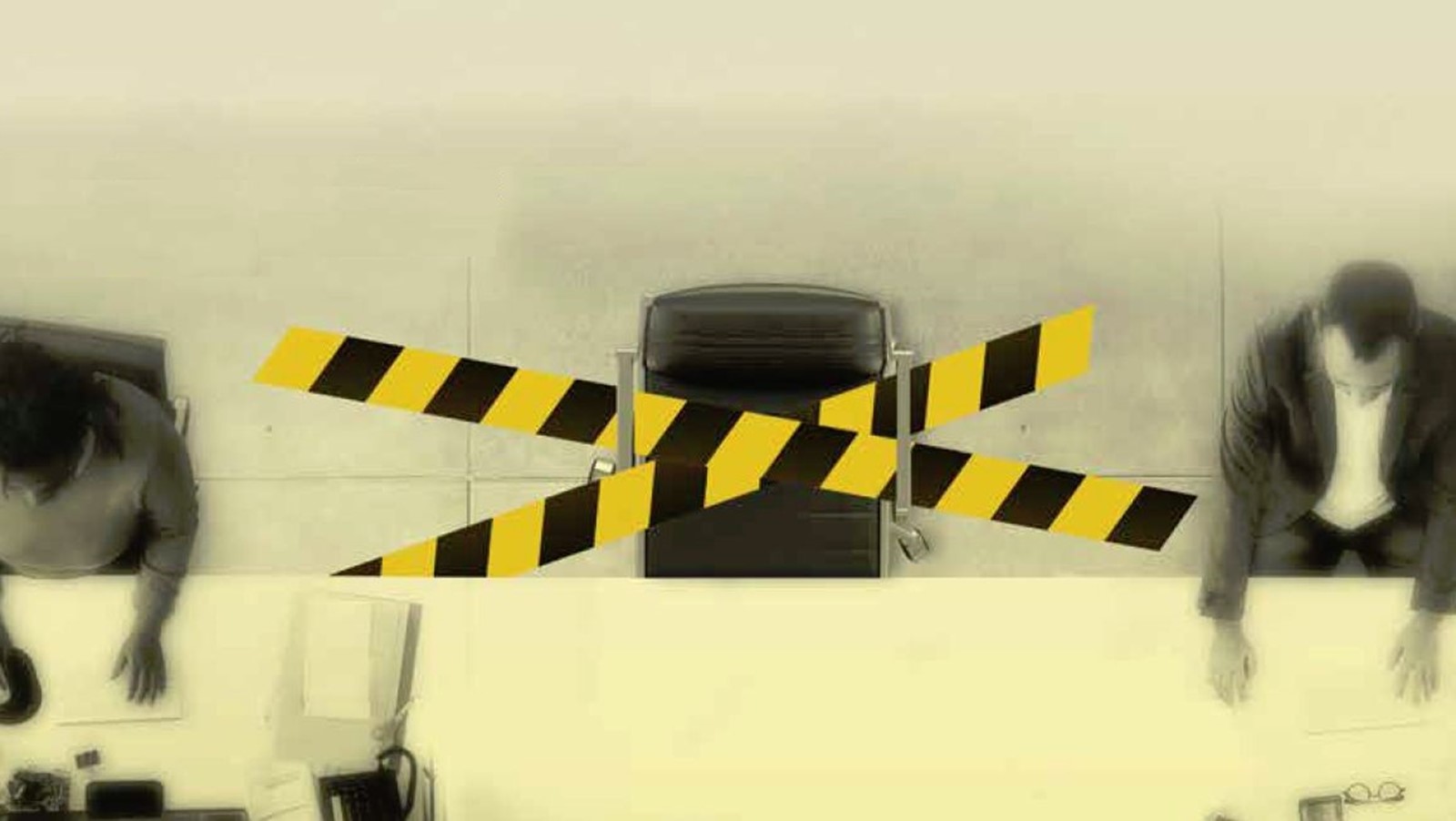I have been working in therapy for a number of years and never have I seen quite such a dramatic impact of world events on mental health as I have with Brexit. After the vote, the entire country seemed to be in the grip of an epidemic of panic – or what one commentator termed, a collective nervous breakdown.1 The Mental Health Foundation even produced a guide to help people cope with post-Brexit anxiety2 while the July issue of Marie-Claire magazine featured an article on ‘The seven stages of Brexit Anxiety’.3
According to one source, forty-five per cent of Britons claimed they experienced increased levels of anxiety in the aftermath of the Brexit vote, with fifty-two per cent of people already suffering with anxiety saying they experienced a spike in their symptoms; thirty-one per cent of anxiety sufferers claimed that their symptoms worsened ‘moderately’ and twenty-two per cent said their symptoms worsened ‘significantly’.4
I haven’t seen this level of fear and panic since 9/11 – and yet on 24/6, no one flew planes into buildings and no one died. Why then, did we react (and in many cases, continue to do so) as if we were on the brink of an apocalypse? Understanding why is the first step to treating clients with acute anxiety conditions that may be caused by the impact of political or world events.
Part of the reason is fear of the unknown. The pound and FTSE did not fall because we left the EU (clearly, as we haven’t left), but out of fear. Nothing has actually changed yet. It is simply fear of change and of the unknown that was stoking this mass hysteria.
Another trigger for the collective trauma we experienced was the unexpected nature of the result. No one really expected Brexit, not even Leave proponents. It may not be an exaggeration to say that some people were suffering from post-traumatic stress disorder, especially if they really felt that their safety and security were now threatened. Some felt as if the rug had been pulled from under their feet; all they knew and thought was safe was pulled apart and they were left reeling in chaos and uncertainty – an intolerable state for those who seek calm and certainty in their lives. If such unexpected things can happen within that context, what other shocks might be around the corner?
Another part of the problem was the way this momentous decision was made. The decision was made by us, in the name of democracy. The effects of the outcome on mental health depend on which side of the fence you are sitting. Some Brexiteers were (and perhaps still are) suffering from ‘voter’s remorse’. People cope with this in different ways; some with defence and cognitive dissonance (I was right to support Brexit) and some with defeat (I made a mistake). It is the latter category who are most susceptible to mental health issues as their despair either turns outwards in the form of externally expressed anger (towards politicians, other people, or anyone they can lay the blame with), or inwards in the form of self-blame and even shame.
What of the Remainers? For them, there may be a state of helplessness and lack of control. They did not choose this and did not want it. This can lead to severe anxiety and depression as they struggle to come to terms with the realisation that they cannot exert control over their lives, creating a victim-like state.
If this wasn’t enough, there are also issues caused by passionate differences in opinion between friends, family and spouses. Some people are experiencing more stress in these important relationships than they have ever faced before as the Remainers cast blame, slurs and recriminations on the Leavers.
So how can we treat sufferers of Brexit stress, and indeed any other similar anxiety episodes that might occur in the rather uncertain world we live in? Therapists need to train their clients to cope with uncertainty and the unknown. Many anxious clients crave stability and control, but these attributes are becoming less likely in these turbulent times. Accepting a level of risk goes hand in hand with living a functional life and, while every individual must risk-assess their day-to-day activities, clients need to be taught to accept that eliminating all risk means severely curtailing normal life.
Anxious clients should be encouraged to talk about their fears while also challenging the catastrophic thinking and other thinking errors that they may be making; the UK is still here, still thriving and World War 3 is no closer to happening than pre Brexit. People who have catastrophic thoughts about Brexit, and other world events, are likely to have them in their own lives too, so catching and challenging such flawed patterns of thinking can be very useful.
Dr Sandi Mann is Senior Psychology Lecturer at the University of Central Lancashire and Director of the Mind Training Clinic. She is author of several psychology self-help books including Manage Your Anger, Overcoming Phobias and Panic Attacks and The Upside of Downtime: why boredom is good.
More from Workplace matters

Workplace matters: Is it ever ok to cry at work?
Open article: In her regular column, Sandi Mann discusses why crying at work is probably still a risky behaviour for most of us. Counselling at Work, Summer 2016

Workplace matters: The hidden benefits of boredom
Open article: In her regular column, Sandi Mann says that a little boredom can do us the power of good. From Counselling at Work, Spring 2016
References
1 Stewart G. Let’s put an end to the sneering at the vote leave people. The Guardian 2016; 3 July. [Online.] https://www.theguardian.com/commentisfree/2016/jul/03/referendum-vote-leave-labour-people-have-spoken (accessed 12 September 2016).
2 Mental Health Foundation. Coping with Brexit anxiety. [Online.] https://www.mentalhealth.org.uk/blog/coping-post-brexit-anxiety (accessed 12 September 2016).
3 Ramseden T. The seven stages of Brexit anxiety. Marie Claire 2016; July. [Online.] http://www.marieclaire.co.uk/news/lifestyle/553528/the-seven-stages-of-brexit-anxiety.html (accessed 12 September 2016).
4 Bcalm. [Online.] https://bcalm.co/brexiety-disorder-anxiety-levels-across-the-uk-have-spiked-massively-since-the-referendum/ (accessed 12 September 2016).
